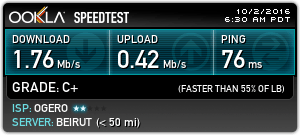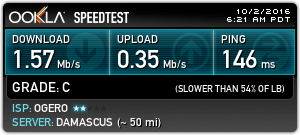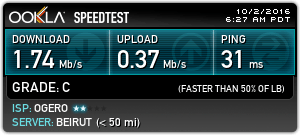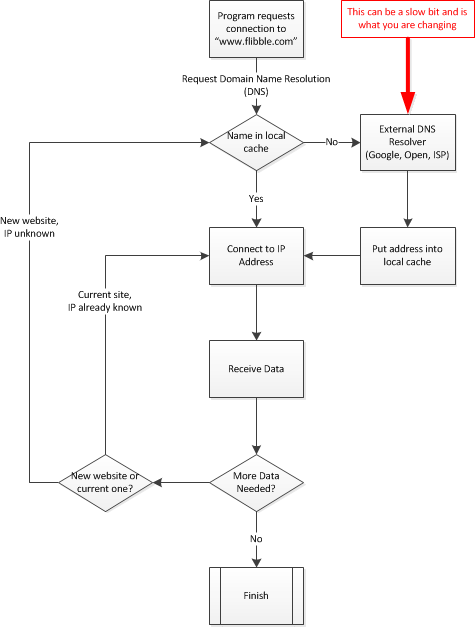49
9
I used to use google DNS and OpenDNS long time ago, didn't notice any improvements. I recently heard a security expert saying that OpenDNS is the best way for malware protection. But found out that this feature isn't free.
I saw a gamer saying that google DNS is faster for regular users and OpenDNS is better for gamers because of lower ping, and all of the bloggers recommend using a DNS service.
My brother noticed that both providers had higher ping on steam than our default DNS provider and he read that DNS won't affect Dota 2 on steam in anyway.
I did my tests, in incognito and flushed DNS after each test, I let speedtest pick the closest DNS. My results are:
All results are similar if not worse than the default DNS, if anything OpenDNS has the lowest ping but by a small margin, if I were to repeat tests that gap would go away.
Does DNS providers really affect speed or security or gaming? Gaming nowadays is mostly on steam, so does it affect steam?




36Your tests are not fair, your Google test is going to a different server and so you are getting different results. For fairness you need to run the tests against the same server each time. – Mokubai – 8 years ago
3"But found out that this feature isn't free." - it is as far as I can tell from my use of OpenDNS. You can set its "Security" for "Malware/Botnet Protection" and "Phishing Protection" (they may be on by default), and in the "Web Content Filtering" custom settings you can set it to filter "Adware". – Andrew Morton – 8 years ago
9The fact that you are asking this question clearly show that you have no idea what DNS actually is... DNS come into play only when you first connect into the game/at the start of a game when the game has to "allocate" a server for your game and tell your computer how to connect to it, but once it's connected your are done and DNS does not come into play in any way during gaming. – Bakuriu – 8 years ago
3So long as the game holds the socket open, rather than closing after every transaction. I imagine that it they want to prevent lag, they will. But it's a design decision & we can't know which way they decided. Of course, they could just hard code IP addresses and have no DNS at all. – Mawg says reinstate Monica – 8 years ago
What does DNS have to do with speedtest? o.O – Lightness Races with Monica – 8 years ago